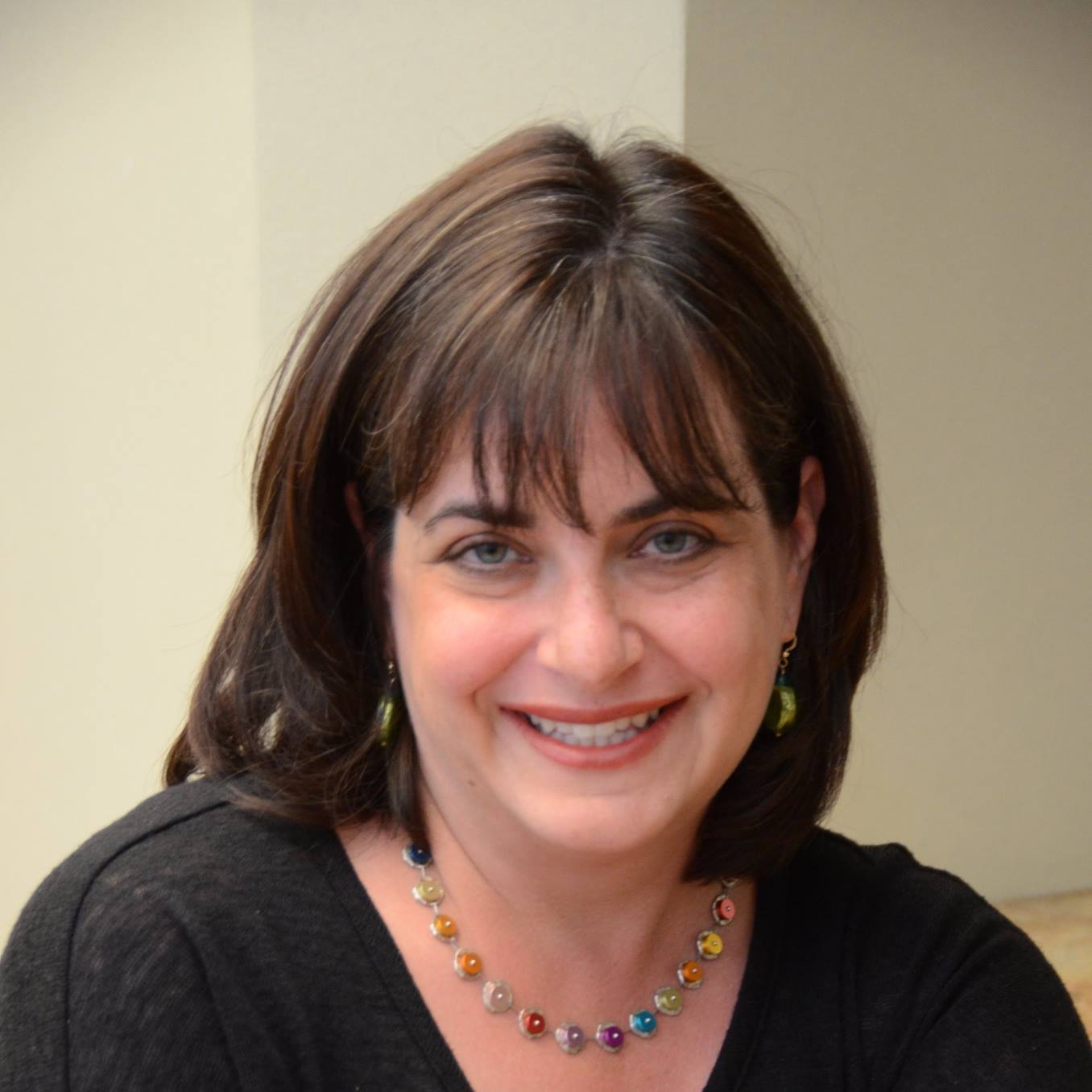Reckoning with Reparations
Steven Spielberg’s U.S.C. Shoah Foundation, founded in 1994 to record survivors’ stories, is at the forefront of the evolution. In a 2018 New York Times article, Spielberg described the need to broaden the focus, saying: “The presence of hate has become taken for granted. We are not doing enough to counter it.”
USC Shoah Foundation Applauds Creation of California Council on Holocaust and Genocide Education
USC Shoah Foundation welcomes the creation of California Governor Gavin Newsom’s Council on Holocaust and Genocide Education.
USC Shoah Foundation Finci-Viterbi Executive Director Stephen Smith, who in May offered expert testimony in support of the Council’s creation, said the group will play a critical role in arresting the current decline in awareness about the Holocaust and other acts of genocide among young people.
USC Shoah Foundation approaches 30 years and begins a leadership transition
He Fought the Nazis, Survived the Communists, and Just Celebrated his 100th Birthday—in Brooklyn
Until he retired from the Soviet Red Army in 1967, Leonid Rozenberg carried the banner at the head of the semi-annual military parade in the city of Lugansk, in what is now Ukraine, with hundreds of fellow soldiers marching behind him and thousands of spectators cheering him on.
Although highly decorated – his chest was covered in medals – the honor of leading the parade was tainted for Leonid. During his 26 years in the Soviet military Leonid was never promoted beyond the rank of lieutenant colonel. The reason? He was a Jew.
Leonid Rozenberg Photo Gallery
Grayson Schmidt is a writer and multimedia journalist with USC News. He comes to USC with news experience in print, radio and television. He also worked as a crime reporter for three years in Iowa, and is well aware of the irony.
On this Date in History: The Rwandan Patriotic Army Invades Rwanda
Today, October 1st, marks the day in 1990 that Rwandan Patriotic Front troops crossed into Rwanda from neighboring Uganda and the beginning of a sequence of events that culminated in the 1994 Genocide Against the Tutsi that claimed as many as one million lives over the course of approximately 100 days.
USC Shoah Foundation’s Rwanda Archive and Education Program, a landmark initiative in partnership with Aegis Trust and the Kigali Genocide Memorial, has been at the forefront of recording and preserving testimonies related to the genocide.
